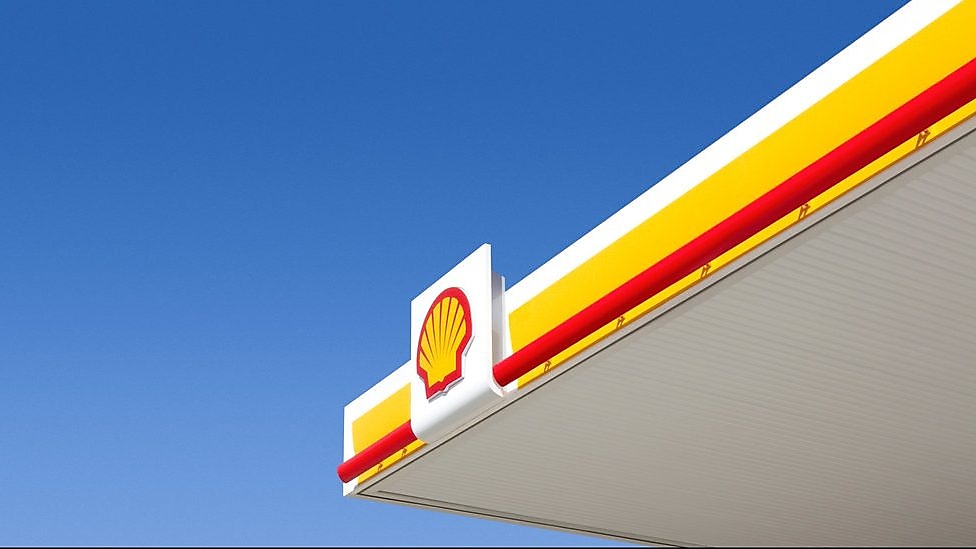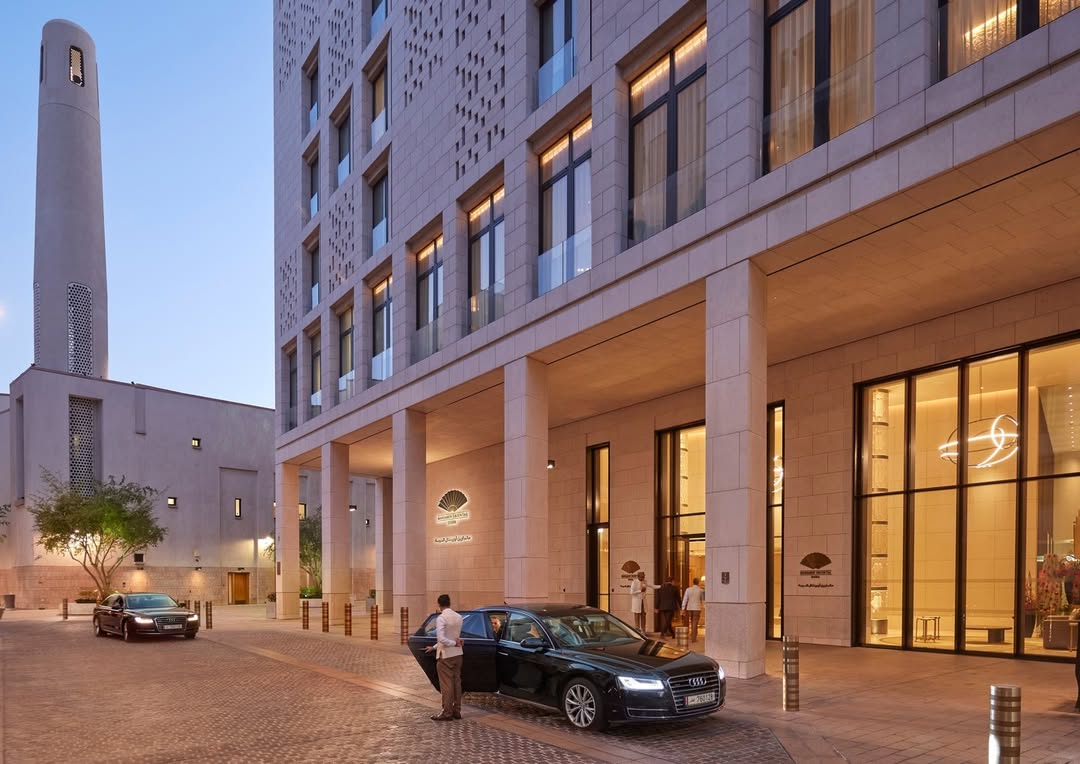Discovered in 1971, the North Field covers an area of 9,700 square kilometers.
QatarEnergy named Shell as its second partner in the North Field South (NFS) project on Sunday, granting it a 9.3% stake.
Qatar’s Minister of State for Energy Affairs Saad Sherida Al-Kaabi, also QatarEnergy’s CEO, announced the latest major partnership in a ceremony in Doha on Sunday.
Shell’s executive officer Ben van Beurden was also in attendance and met with Qatar’s Amir Sheikh Tamim bin Hamad Al Thani on the same day.
Speaking to the press, Al-Kaabi said that the NFS will add 16 million tonnes to Qatar’s production capacity of liquified natural gas (LNG).
Last month, QatarEnergy selected TotalEnergies as its first partner in the major LNG project, granting it a 9.375% share.
The NFS is the second part of Qatar’s mega LNG expansion project that is set to further catapult the Gulf state as the top producer of LNG.
QatarEnergy began looking into potential partners in 2019 for the project, with production expected to start before the end of 2025.
Earlier this year, QatarEnergy concluded the signing of contracts with five global companies for the $28.75 billion NFE project. The companies include Shell, ExxonMobil, ConocoPhillips, Eni, and TotalEnergies.
The NFE is set to boost Qatar’s production from 77 million to 110 million tonnes per annum (mtpa) by 2025. The second part is expected to increase Qatar’s LNG production capacity from 110 to 126 mtpa by 2027.
Discovered in 1971, the North Field covers an area of 9,700 square kilometers, of which 6,000 square kilometers are in Qatar’s territorial waters.
The production then kickstarted in 1989, during the time in which oil was the primary source for Qatar’s wealth.The Gulf state now has the world’s third-biggest proven natural gas reserves.
Recent market forecasts have signalled a hike in the Gulf state’s energy sector, with a rising demand for Qatari gas amid the ongoing Russian invasion of Ukraine.
Several European countries have turned to Qatar since the start of the year in an effort to reduce their reliance on Russian gas. Some of those countries include Germany, Italy, and Austria.
Europe previously received 40% of its gas supplies from Moscow and almost a third of the shipments pass through Ukraine. However, the supplies dropped amid sanctions against Russia following its invasion of Ukraine.
Al Kaabi previously stated that Qatar alone cannot fill Europe’s entire demand for gas, with the Gulf state holding long-term contacts with its Asian buyers.
Last week, Al Kaabi said Qatar will not be diverting its LNG shipments to Europe this year.
“Qatar is absolutely committed to [the] sanctity of contracts…So when we sign with an Asian buyer or European buyers, we stick to that agreement,” said Al Kaabi.
The rising demand for Qatari oil and gas, coupled with the 2022 FIFA World Cup, is set to reflect on the Gulf state’s economic growth.
The International Monetary Fund predicts that the economy is set to expand by 5.4% this year, with a surplus of roughly $45 billion.







